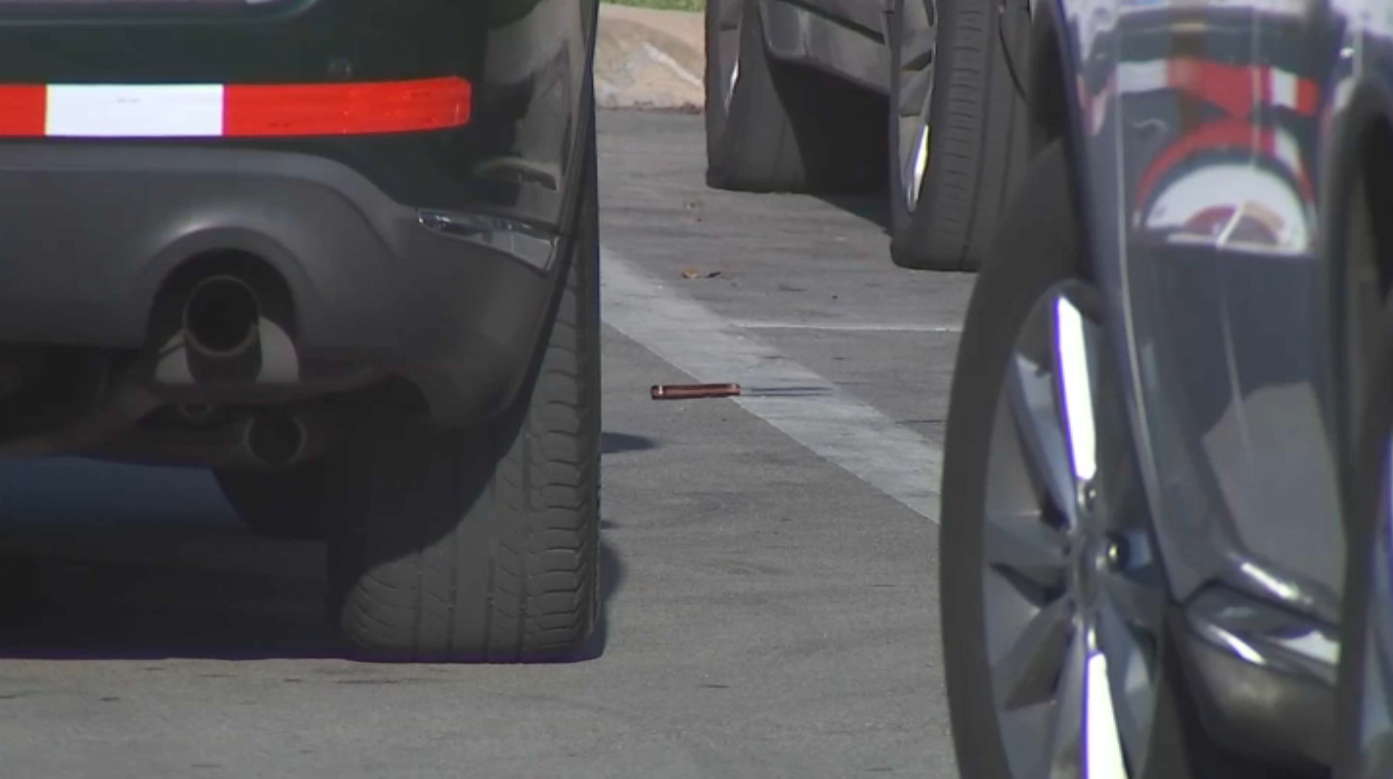
NBC6’s Ari Odzer sat with West Point urban warfare expert John Spencer to discuss Gaza and Ukraine.
Anyone who closely follows events from the war in Gaza probably recognizes John Spencer.
He is a combat veteran and the chair of Urban Warfare Studies at West Point, the United States Military Academy. Since the murderous Hamas rampage of Oct. 7, Spencer is often seen on CNN and Fox News, and he’s written articles for Time and Newsweek magazines. While visiting Miami, Spencer discussed what he’s learned on recent trips to Israel.
Watch NBC6 free wherever you are
We started by discussing the news of the moment, the tragic attack, apparently by Hezbollah, which killed 12 Druze children at a soccer field in the Golan Heights. I asked Spencer if it could’ve been an accident.
“All evidence, I think, would show they know exactly what they’re doing, that was a sophisticated rocket,” Spencer said.
Get local news you need to know to start your day with NBC 6's News Headlines newsletter.
He went on to explain that while both Hamas and Hezbollah are proxies for Iran, Hezbollah in Lebanon is far more potent and dangerous.
“It is Iran’s jewel of a proxy force that Iran has spent years arming, training, equipping with the capability and intent to destroy Israel,” Spencer said.
He has been to Gaza three times since Oct. 7, embedding with Israeli military units, observing and reporting what he sees.
Local
“I think the IDF have done almost the unimaginable, one, they faced something that no military had ever faced in the history of war,” Spencer said.
They face an enemy funded by Iran, Spencer says, who built hundreds of miles of tunnels to hide fighters and ammunition underground, who don’t wear uniforms, and intentionally puts civilians in the line of fire.
“And that was Hamas’s goal, Hamas’s goal was never to fight the IDF, but every time I’ve visited, I’ve been surprised by what Israel has been able to achieve,” Spencer said.
I asked him what he would say to the protesters who accuse Israel of committing genocide in Gaza.
“I say get your facts straight, because genocide means intent, like that’s your goal, and actions, and everything that I’ve seen, going into Gaza multiple times, is that Israel’s doing everything feasibly possible not to harm civilians,” Spencer said, pointing out that the IDF often loses the element of surprise by announcing where they are going, putting their own soldiers at risk to minimize civilian casualties.
Spencer says Israel is held to a standard of military conduct that no other army is expected to follow. For example, he says calls for a ceasefire in Gaza before Hamas is defeated and the hostages are released play into the hands of Hamas. Similarly, he says world leaders telling Israel not to respond forcefully to Hezbollah’s constant rocket attacks amounts to appeasement, which he says doesn’t work in the Middle East or with Vladimir Putin.
I asked him if there are dots to connect between the wars in Ukraine and Gaza.
“I mean you can call it an axis of evil, you can call it what you want, but you definitely see the connections with people who want to change the world, Iran has a vision for the Middle East, Russia has a vision for Europe,” Spencer said.
In his estimation, Ukraine has done such a good job in combat that it forced Russia to seek military help from Iran, China, and North Korea. That war, Spencer says, is far more than a border dispute just as the battles between Israel and Iran’s proxies have global ramifications. The security of Europe is at stake.



